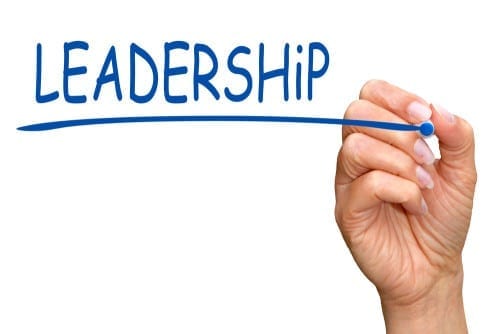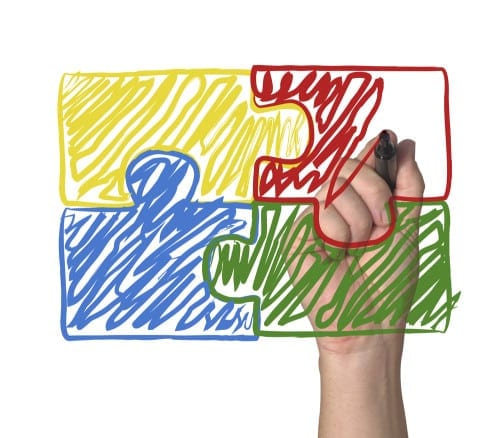 Competence is simply the ability to perform a job successfully. Ingredients include abilities, knowledge, skills, experience, and motivation. For years managers relied on past performance, experience and education to predict future performance. In other words, yesterday’s competence inferred future and repeated success. Unfortunately work and the workplace have been disrupted significantly. Skills and experience that worked in the past are no longer good predictors. As Wayne Gretsky once said, “you have to skate to where the puck is going to be, not where it has been.” Hence, the headline making skills gap and the growing focus on competence, not past behavior.
Competence is simply the ability to perform a job successfully. Ingredients include abilities, knowledge, skills, experience, and motivation. For years managers relied on past performance, experience and education to predict future performance. In other words, yesterday’s competence inferred future and repeated success. Unfortunately work and the workplace have been disrupted significantly. Skills and experience that worked in the past are no longer good predictors. As Wayne Gretsky once said, “you have to skate to where the puck is going to be, not where it has been.” Hence, the headline making skills gap and the growing focus on competence, not past behavior.
As a result of the focus toward competence, many organizations have DISCarded  DISC as a hiring tool. On the one hand, that’s a legitimate response. It’s not the right tool to assess skills, knowledge, abilities, or experience.
DISC as a hiring tool. On the one hand, that’s a legitimate response. It’s not the right tool to assess skills, knowledge, abilities, or experience.
Let me describe how DISC might impact a specific leadership competency like decisive judgment.
Joe is an up and coming superstar. He’s smart, well educated, and a fast learner. Compared to other top performers, Joe has the right stuff. He takes initiative and works tirelessly until he gets the result he wants. He’s meticulous and organized…always dotting all his I’s and crossing his T’s. At least that’s the impression he gives to his observers, managers and co-workers.
Everything seemed to be working until Joe is offered the opportunity to move up into a management role. And that’s where the wheels start to fall off. The problem isn’t a lack of potential and ability or competence, but a mismatch between HOW others expected him to perform and how he actually did it. A DISC assessment could have revealed this disconnect and with a little coaching and training, Joe could have learned to modify his behavior for success.
Specifically Joe is what we might call a D-C. He’s direct and compliant. He’s energized by getting things done and complying with the rules and procedures. His I (Influencing) style is very low; he is de-energized by influencing others. Similarly his S (Steady) is low too which means he is de-energized by a predictable, routine pace (or conversely energized by a sense of urgency.)
So you might be asking – what does DISC have to do with competence?
Too often, companies forget that employees are human beings and human beings are complex and complicated. Successful performance doesn’t just happen because someone has the ability or education or right behavior. It’s always the result of a combination of things aligning just right.
When assessing new hires and developing high potentials, it is important to consider both competence and behavior and how they both work seamlessly together. Relying on competencies to select and develop employees is the right thing to do. But don’t DISCard DISC. It’s not an either-or choice. The combination of using DISC and competencies for employee assessment is a powerful solution.
